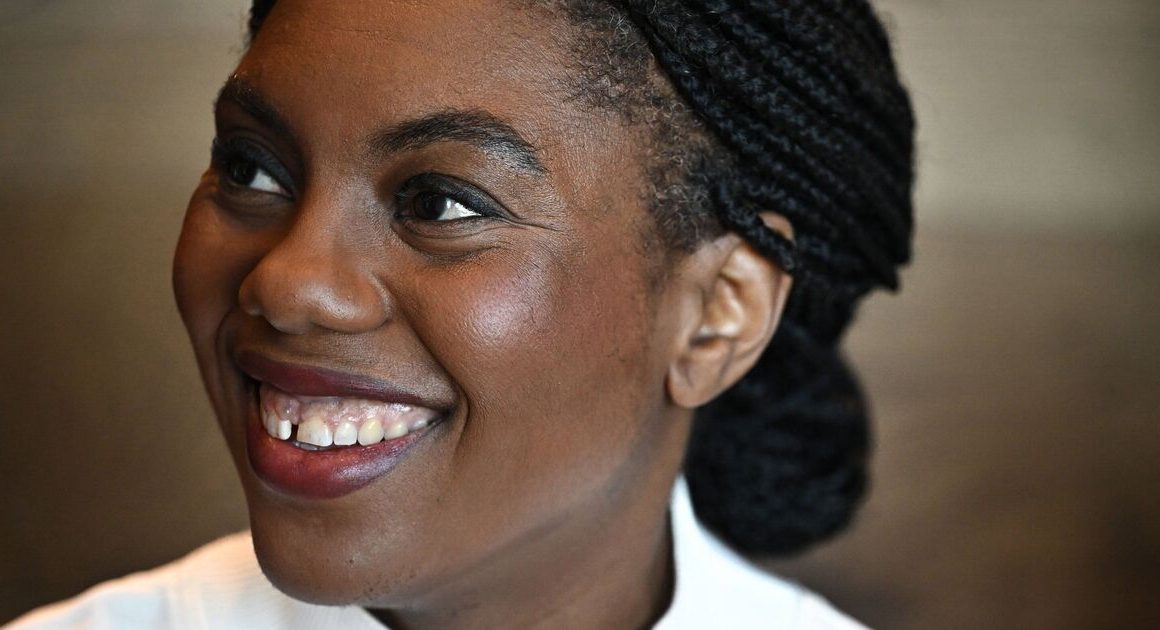Back in 2010, a 26-year-old Mark Zuckerberg shared his vision for Facebook — by that point a wildly popular social network with more than 500 million users.
“The primary thing that we focus on all day long is how to help people share and stay connected with their friends, family and the people in the community around them,” Zuckerberg told CNBC. “That’s what we care about, and that’s why we started the company.”
Fifteen years and three billion users later, Facebook’s parent company Meta has a new vision: characters powered by artificial intelligence existing alongside actual friends and family. Some experts caution that this could mark the end of social media as we know it.
For early users of social media, platforms like Facebook and Instagram have become “about as anti-social as you can imagine,” said Carmi Levy, a technology analyst and journalist based in London, Ont. “It’s becoming increasingly difficult to connect with an actual human being.”
A story published last month by the Financial Times laid out Meta’s plans for artificially generated accounts on Facebook and Instagram, each with distinct characteristics, including racial and sexual identities.
“They’ll have bios and profile pictures and be able to generate and share content,” Connor Hayes, Meta’s vice-president of product for generative AI, told the paper.
A TikTok account hosting videos of AI-generated explosions that others claimed were in Ukraine was removed from the platform following inquiries from the CBC News visual investigations team. The account shows how low-quality content made with generative AI — known as ‘AI slop’ — can warp perceptions and fuel misinformation.
The corporation started experimenting with them in 2023. After the Times story was published, some irritated users began a campaign to block and report the accounts. One journalist spoke to an AI account that presented itself as a Black queer woman — and admitted that its development team didn’t include any Black people.
Meta recently began quietly removing the profiles, which Meta Canada spokesperson Julia Perreira told CBC News were managed by humans and part of an “early experiment.”
The company deleted the accounts due to a bug that was “impacting users’ abilities to block them,” said Perreira. “[We] are removing those accounts to fix the issue,” she added, but did not respond to a question about whether the accounts would be reinstated at a later date.
AI gets more eyeballs
Most major social media platforms have launched AI-powered features. X, formerly Twitter, scrapes user data to train its AI chatbot Grok (and lets other companies do the same); Snapchat has its “My AI”; and AI influencers like Lil Miquela are popping up across TikTok and Instagram, landing sponsorship deals with big brands.
The challenge is that AI content gets more eyeballs, and thus more ad dollars: The social media management firm Buffer found in October that AI-assisted posts had a higher median engagement rate than regular content, based on 1.2 million posts sent from its platform to sites like Facebook and LinkedIn.
Front Burner29:21Is AI a bubble that’s about to burst?
Growth is the “lifeblood” of companies like Meta, said Levy, the analyst. But most people who want a Facebook or Instagram account likely have one by now, an existential crisis that hit Facebook hard in 2022, when its total user base declined for the first time.
“The future of social media seems to be one in which the production of content is being privileged over social interactions and social connections. It doesn’t need to be that way, though,” said Lai-Tze Fan, an associate professor at the University of Waterloo and a Canada Research Chair of Technology and Social Change.
Data, engagement and ad dollars
Facebook, Instagram and YouTube, like other social media platforms, are driven by a basic economic exchange: users give their data and engagement, and platforms are paid through advertisements, she explains.
“If they are going to continue with this economic model, I think they also have to consider why their users are using them in the first place,” she said. Consider the differences between TikTok, which offers a constant, never-ending stream of video content, and Facebook, which is meant to help users maintain or create connections with others.
In Facebook’s case, “if that’s the real purpose of people using a platform like that, and instead they’re being flooded with AI-generated content, it really goes against what why they’re on that platform in the first place,” Fan said.
Yet, some of our basic needs can be met by AI-generated accounts like the ones that Meta is proposing, according to Karina Vold, an assistant professor at the Institute for the History and Philosophy of Science and Technology at the University of Toronto.
“There are cases where it can be helpful or that genuine social needs can be fulfilled through these chatbots,” said Vold. But she said that a real social relationships requires the other entity to be “cognitively capable” of having a social interaction.
When it comes to AI-generated characters, “whatever you’re having is more like a relationship with an artifact,” she said — like the emotions that you might feel for a character in a book. Some users have reported romantic relationships with AI-generated accounts, à la Her, the 2013 film about a man who falls in love with an artificial intelligence program.
“You might feel real sympathy for Anna Karenina when you read the novel, but that’s different than having a social relationship with her or with Santa Claus or with some other fictional character,” explained Vold.
“These AI chatbots are more akin to something like that.”












